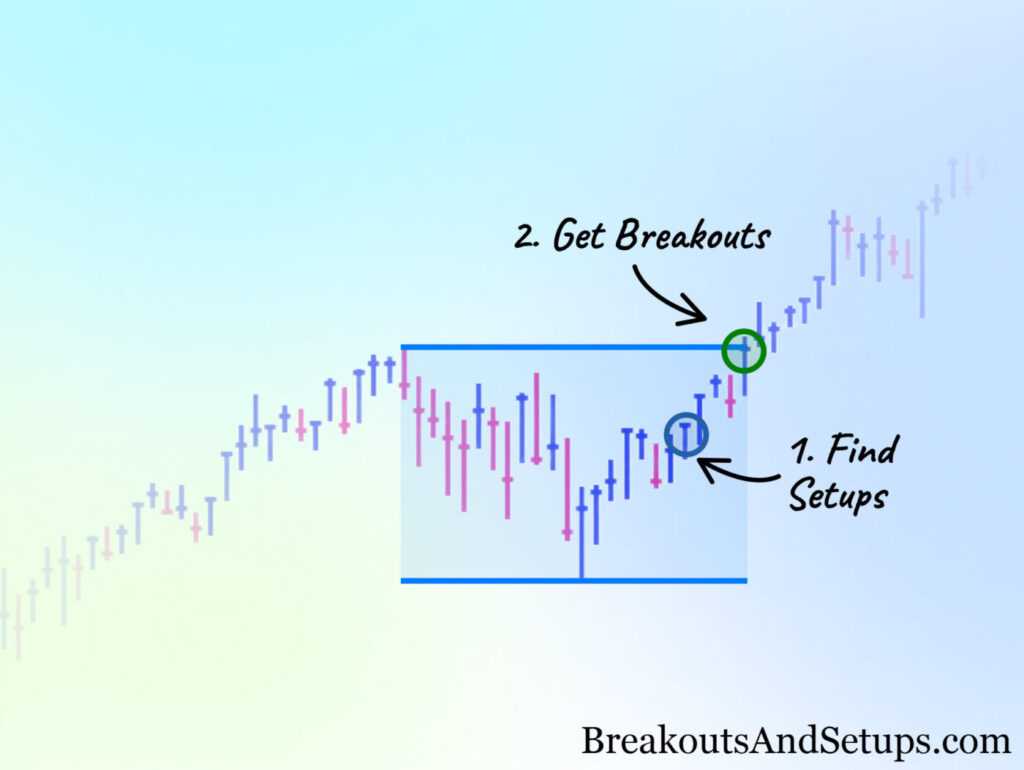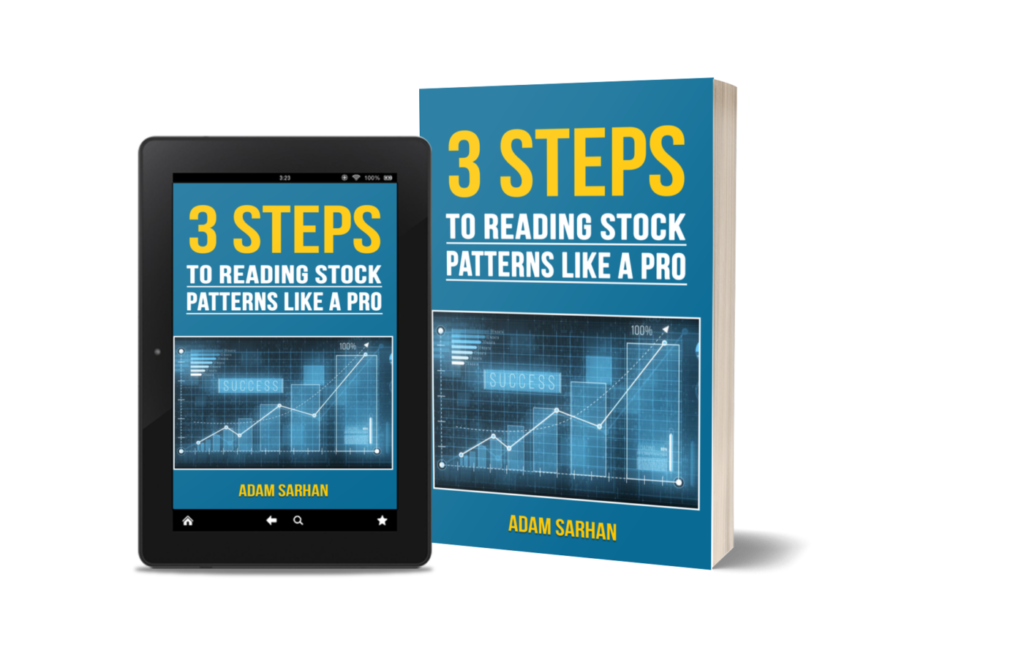“How much money do you need to trade stocks?” is one question that beginning stock traders frequently ask. Let’s explain startup costs for those interested in transitioning from a casual “long-term” trader into a “short-term” day trader.
The answer is a bit complex for several reasons.
1. There are several types of trading strategies for purchasing stocks.
2. Each type of day trading, whether buying stocks, forex, or futures, has specific minimum balance requirements.
3. Where you trade changes the rules. Some brokerages require a higher deposit or balance limit for their clients.
Fortunately, this guide will explain day trading startup costs in a beginner-friendly way. Let’s begin!
What is a day trader?
Before discussing facts like, “you need $25,000 to start day trading stocks legally in the United States, and preferably closer to $30,000 to trade actively,” let’s explain what day trading is.
The act of day trading involves purchasing and selling securities using a short-term strategy that (hopefully) maximizes profits.
Most people that buy stocks are “casual investors.” Your typical casual investor has a company 401(k) or a private investment account at their bank.
Day traders differ from casual investors who invest each month periodically and consider buying stocks or mutual funds a “long-term game.”
Instead, day traders develop trading strategies to make profits in a few hours, or even minutes each day. They’re realistic about their trades and earn more on winning decisions than they do on losing trades.
One of the most important considerations a day trader can make is which type of securities they invest in. Not all traders invest in stocks, although it’s one of the most profitable options. But what are the most viable ways to work as a day trader?
Day Trading Rules – Account Funding
There are several markets you can use to day trade as a beginner. Although this guide focuses on day trading stocks, there are also opportunities in the forex, futures, and cryptocurrency markets. Let’s compare each one:
Day trading the stock market.
There are regulations set in place which limit day trading activity. For this reason, it’s best to start with a margin account to have complete flexibility as a day trader.
What’s a margin account?
A margin account is a type of investment account where investors can leverage their assets to purchase securities.
To fund a margin account, you need at least $25,000. This is due to The Federal Reserve’s Regulation T, which also defines how much investors can borrow from broker or dealer loans.
Margin accounts allow investors to borrow up to 50% of their assets to purchase securities. Day traders refer to this as buying on margin.
However, buying on margin is not the only reason you should fund your account with at least $25,000. With a margin account, you can also short sell stocks.
Short selling is a strategy where a trader borrows an investment and sells it, believing it will decrease in value. When it’s time to return the shares to the lender, the investor will repurchase those stocks. A trader’s hope is to pay less for the shares of stock than the original sales price, thus creating profit.
What’s a cash account?
So let’s say that you don’t have $25,000. In this case, you have another option to day trade. In this case, your option is to use a cash brokerage account to invest less than $25,000.
The Securities Exchange Commission defines a cash account as a brokerage investing account where the investors pay for the securities purchased. Think about the investment accounts you have, where you add money before buying a stock. This is a form of cash account.
Now, you’re probably wondering something. Since there’s an option to day trade using a cash account, why not recommend it? The reason is simple. Day trading with less than $25,000 puts you at a disadvantage.
It all has to do with those Regulation T rules from earlier. Essentially, the Federal Reserve has rules for cash account day traders. Typical online investing accounts are for casual traders, who likely never day trade.
Trading Rules for Cash Accounts
Stock trades from your cash account take two business days to settle. Therefore, you cannot use the funds from a sale until two days after the trade date.
There’s also a limit on how often you can trade stocks from a cash account. Accounts with less than $25,000 must limit their activity to two “day trading” transactions a week. A day trade by this definition involves purchasing and selling a security on the same day.
You also must avoid freeriding whenever you use a cash account. Being a free rider means that you bought shares without having money in your account to cover the transaction.
Here’s an example of freeriding. Say that a trader buys shares in their favorite company. It takes two days for the transaction to settle.
The trader then sells their shares, earning an account credit with proceeds. Although the sale has not yet been settled, they’ve already made income from the stock shares before buying them.
Because day traders with margin accounts can receive a loan from their broker or dealer, freeriding rarely occurs. However, cash account traders risk an account freeze of 90-days every time freeriding happens.
How Much Money Do You Need to Buy Stocks?
For these reasons, it’s best to fund your account with at least $25,000 and trade on margin. Yet, you do have other options if you’d like to trade something different than stocks in either the forex, futures, or cryptocurrency markets.
As an example, you can trade forex with as little as $100, or earn income day trading forex with as little as $5,000. There are other investing options available if you’re willing to expand into other markets or geographical locations.
In conclusion, those who want to stick to stock market day trading should cash trade until reaching $25,000 for a margin account. Just be sure to follow the rules and limit your day trading activities to not receive an account freeze or permanent suspension. Learn more about becoming a profitable day trader here.
“Knowledge is power. The stock market is nothing if not opportunity but in order to navigate its waters you must arm yourself with information. Sign up for Alpha Alerts and get four premium stock picks every month. Take the guess work out of investing and allow us to do the heavy lifting. We are so confident in our service we will let you try it FREE for 30 days! Sign up now.”
Other Resources
Minimum-amounts-of-money-to-start-trading.
Photo by Sharon McCutcheon on Unsplash





